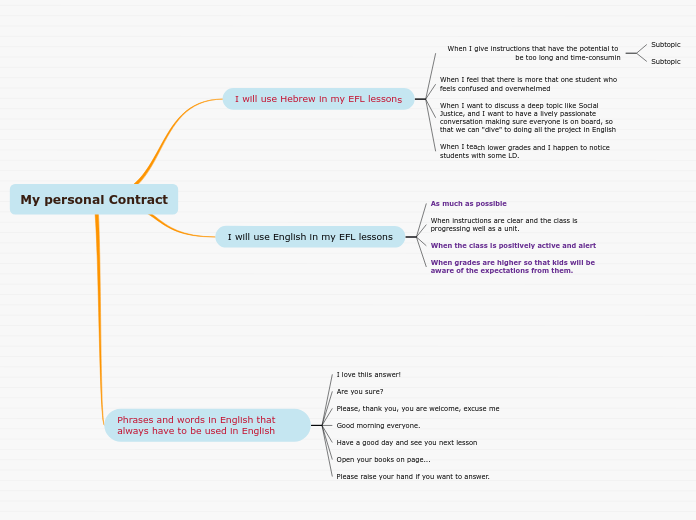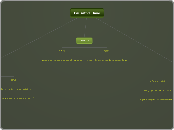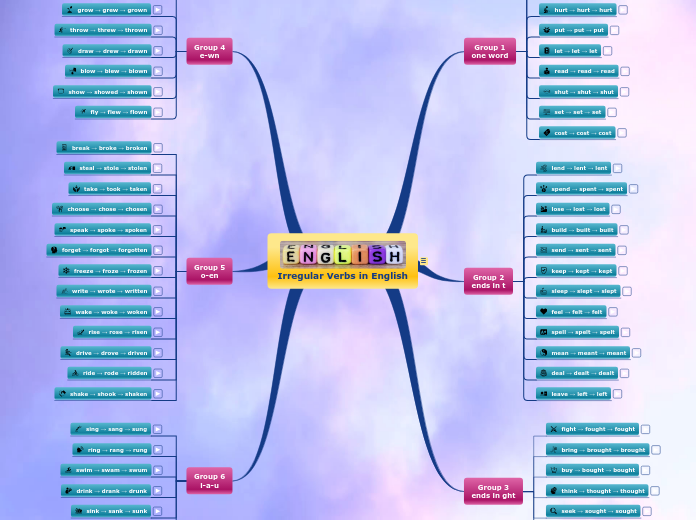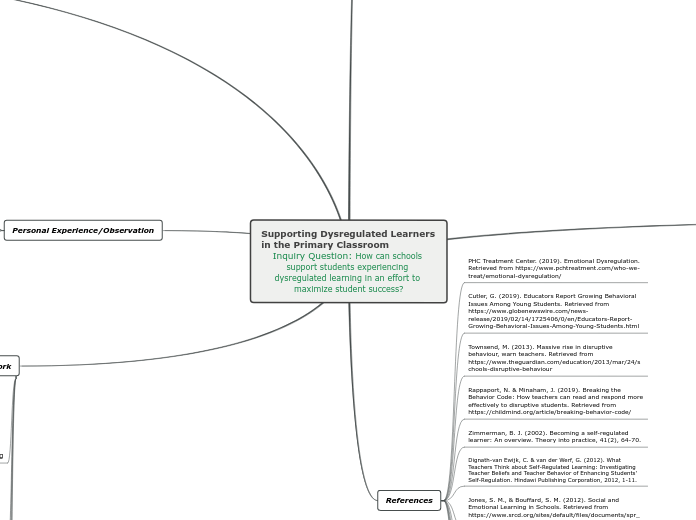par shiri achiasaf Il y a 5 années
556
My personal Contract

par shiri achiasaf Il y a 5 années
556

Plus de détails


par Dino Marcek


par Edward Podesta


par Mohammed H.


par Stephanie French